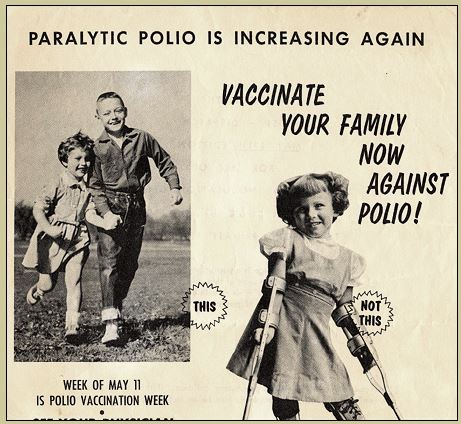 Parler
Parler Gab
Gab
Most major cities to experience high rate of population decline
By analyzing current population trends in America's cities and modeling them among five possible future scenarios that model how demographics, societal factors and changing economics could alter populations by 2100, the study authors found that around half of the major population centers analyzed experience depopulations of between 12 to 23 percent by 2100. Notable cities in this category include Cleveland, Ohio, Buffalo, New York and Pittsburgh, Pennsylvania. Other cities like Louisville, Kentucky, New Haven, Connecticut and Syracuse, New York are currently not showing declines, but are likely to experience significant depopulation in the future. "You might see a lot of growth in Texas right now, but if you had looked at Michigan 100 years ago, you probably would have thought that Detroit would be the largest city in the U.S. now," commented Derrible. Regionally, the Northeast and the Midwest are the likeliest to experience heavy depopulation. On a state level, Vermont and West Virginia will likely be hit the hardest, with more than 80 percent of cities in both states shrinking to some degree. Illinois, Kansas, Michigan, Mississippi and New Hampshire could see about 75 percent of their cities experience population declines. Current population trends note that around 43 percent of the populated places in the U.S. are losing residents, while around 40 percent are growing, including major cities like New York City, Chicago, Houston and Phoenix. The researchers noted that many of these places will be experiencing massive depopulation, and only parts of the American South and West are projected to most likely gain population by 2100. The study's authors hope their research serves as a wake-up call for policymakers to consider moving away from growth-based planning and begin to find and prepare place-specific solutions for cities that are likely to experience depopulation in the years ahead and the problems associated with loss of residents, including diminished tax revenue. "We should see this not as a problem but as an opportunity to rethink the way we do things," said Derrible. "It's an opportunity to be more creative." "These are not isolated problems to the Detroits of the world," warned Justin Hollander, an urban planning scholar at Tufts University who was not involved in the research and called for more depopulation research. "Depopulation is everywhere, and the paper is right to demand that cities face this fact and begin to honestly prepare for this possible future." Watch this video discussing how a confluence of different factors like rising homelessness and corporate greed are causing the collapse of American cities. This video is from the ThisIsJohnWilliams channel on Brighteon.com.More related stories:
10 Examples from 10 different cities of the "Mad Max" environment that now reigns in America's streets. Washington, D.C. and other U.S. cities becoming war zones as crime skyrockets under Democrat control. Big Democrat-run cities just keep getting more dangerous as homicide rates rise another 10%. Mobile phone data shows that post-pandemic cities like San Francisco, Chicago and Boston are MUCH less busy – where did the people go? More people are rapidly leaving crime-ridden, high-cost cities like New York, San Francisco and Chicago. Sources include: DailyMail.co.uk ScientificAmerican.com Brighteon.comBig Pharma LIED: Allegedly “safe” smallpox vaccines are dangerous and even DEADLY
By Zoey Sky // Share
9 Health benefits of oranges backed by science
By News Editors // Share
By News Editors // Share
Banker claims COFFEE is bad for the climate at WEF annual meeting
By Ramon Tomey // Share
Governments continue to obscure COVID-19 vaccine data amid rising concerns over excess deaths
By patricklewis // Share
Tech giant Microsoft backs EXTINCTION with its support of carbon capture programs
By ramontomeydw // Share
Germany to resume arms exports to Israel despite repeated ceasefire violations
By isabelle // Share










